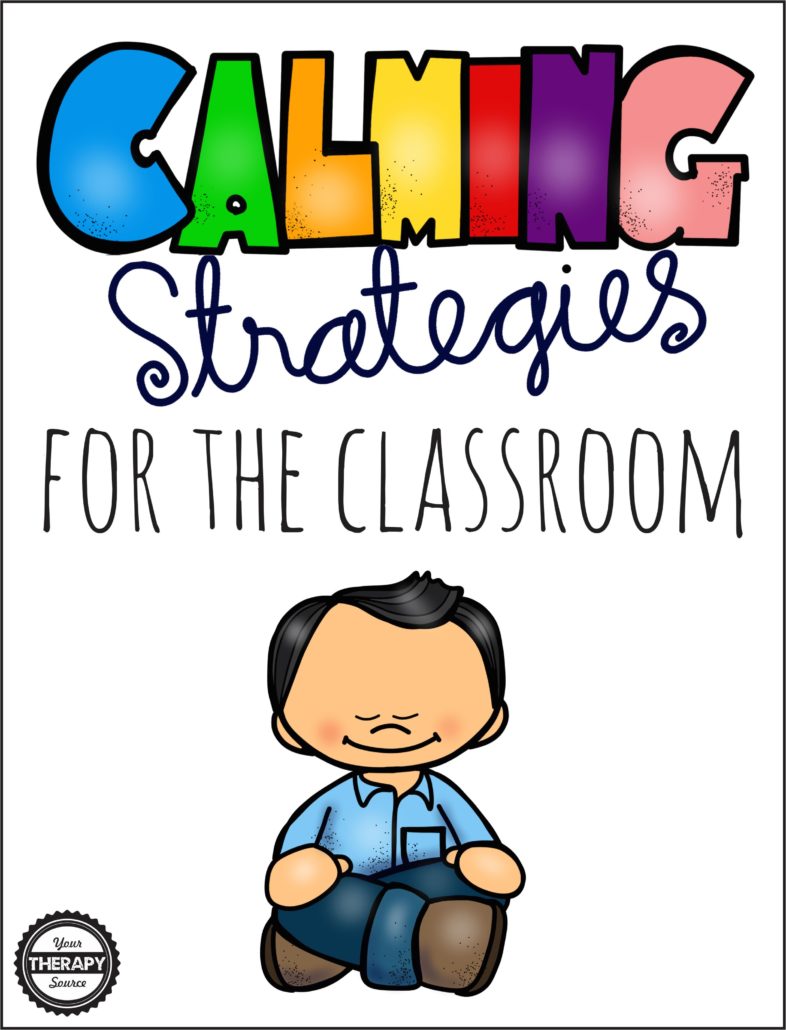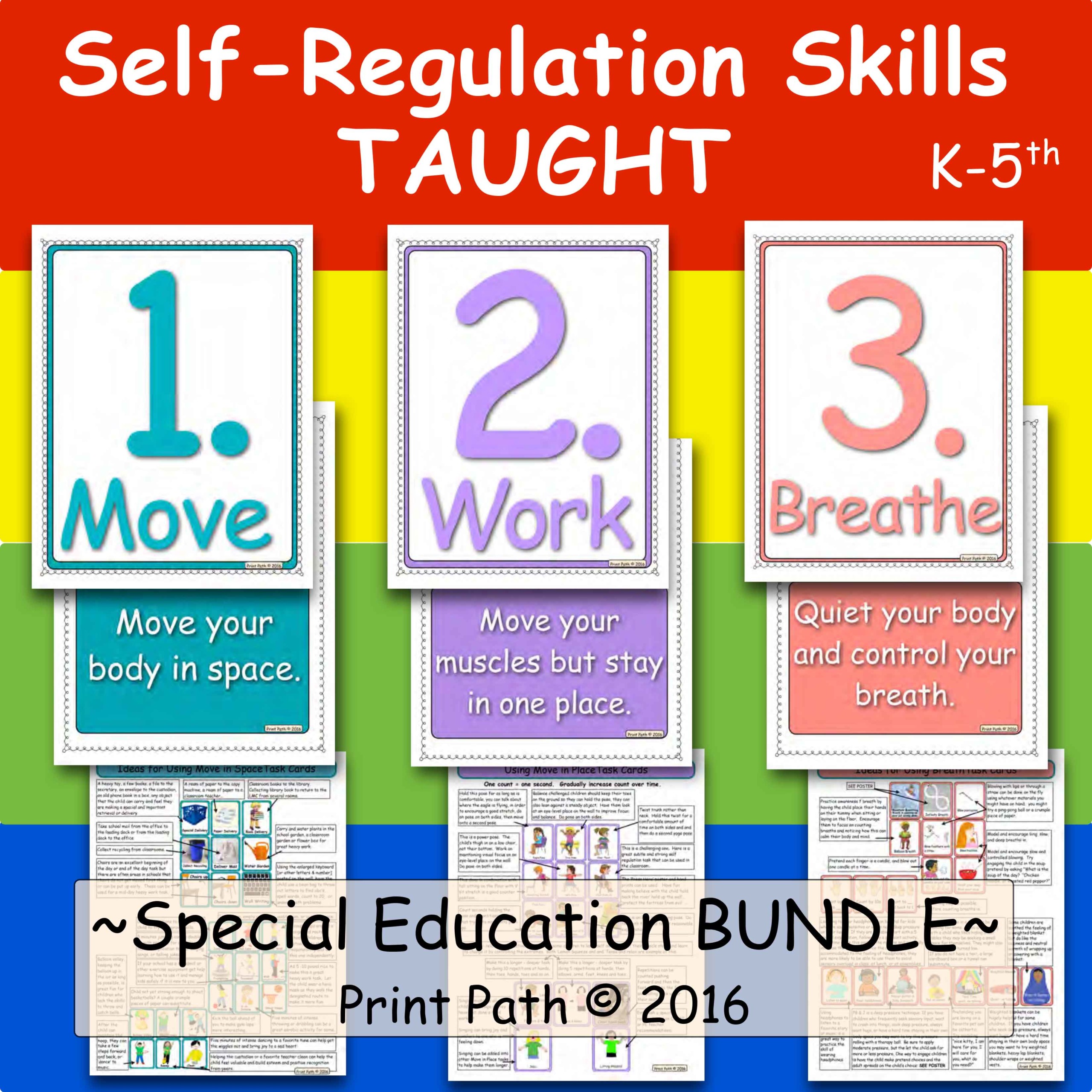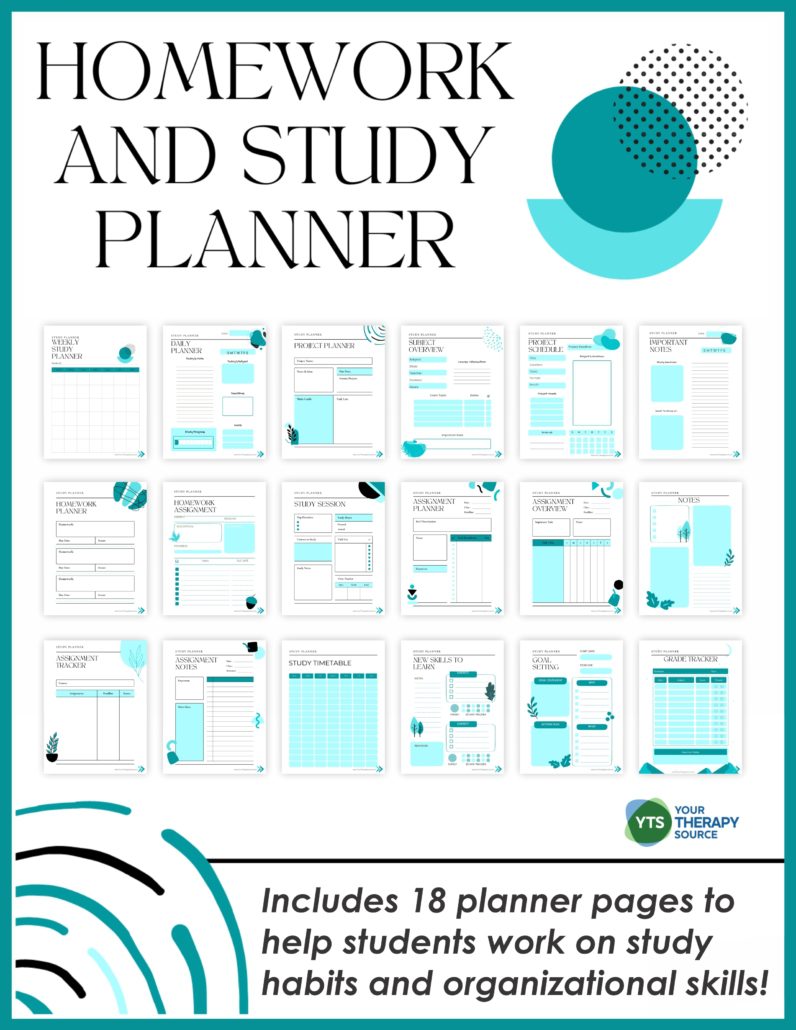EMOTIONAL STRENGTHS OF A CHILD

Most people think of emotions as a personal and private experience, but we often don’t realize that our emotions play a huge role in our everyday lives. Emotions not only affect how we feel, but they also impact how we think, behave, and interact with others. For this reason, it’s important to understand the different emotions that children experience. Analyzing the emotional strengths of a child will help you not only understand a child’s emotions better, but will also allow you to work with them more productively.
WHY IS IT IMPORTANT TO KNOW A CHILD’S STRENGTHS?
Every student has skills and strengths. For example, some are good at math or reading and other excel in social skills or singing. It is our responsibility as teachers, therapists, and parents to assist students in leveraging their abilities to the greatest extent possible. Temple Grandin says it best – “There needs to be a lot more emphasis on what a child CAN do, instead of what he cannot do.”

One area to look closely for strengths are in the area of emotions and character traits. This can be important building blocks to use to create a strong foundation for other, more difficult skills for kids to master.
WHAT ARE EXAMPLES OF THE EMOTIONAL STRENGTHS OF A CHILD?
There are a variety of emotional strengths that children can possess. Some excellent common qualities include:
Cheerful
A child who is cheerful is typically optimistic and happy. This type of emotional strength can be helpful in a number of situations, such as when a child is facing a challenge or dealing with disappointment.
Courage
A child who is courageous isn’t afraid to stand up for what they believe in or take risks. This is useful when a child is exploring new things or dealing with change.
Determination
Determination helps children to be persistent and tenacious. When a child is working towards a goal or facing a difficult task their determination can help.
Empathy
A child who is empathetic is able to understand and share the feelings of others. When kids display empathy along with compassion it helps their social skills develop. This emotional strength can be a game-changer when a child is supporting a friend or working on a team.
Patience
Patient children can wait for something they want or need. This can come in handy when a child is waiting in line, completing a challenging task, or waiting for something good or special to happen. Being able to handle delayed gratification is a huge achievement and is a sign of good self regulation skills!
Resilient
Resiliency allows children to bounce back from setbacks and continue working towards their goals. This type of emotional strength can be helpful when a child is dealing with failure or experiencing a difficult time.
Calm
A child who is calm is able to remain collected in stressful situations. When dealing with a difficult situation or feeling overwhelmed, a calm child can cope. This can be a sign of healthy emotional regulation skills.

Calming Strategies for the Classroom
Friendly
Friendly children are typically outgoing and pleasant to be around. They often have a playfulness about them that is attractive to their peers, which helps develop their social strengths. This type of emotional strength can be useful when a child is meeting new people or working on a project.
Flexible
A child who is flexible is able to adapt to change, and be open to new ideas. Their willingness to try new things is a great quality to develop. This is paramount when a child is dealing with change or trying something new. This is a key component to executive functioning skills.
Independent
A child who is independent is able to work independently and take care of themselves. This emotional strength can be helpful in a number of situations, such as when a child is initiating a school project or taking care of themselves.
Confident
Having confidence allows children to be self-assured and to believe in their abilities. When a child is facing a challenge, stressful events, or taking a risk they need the confidence to know that they can do it and be successful.
Hopeful
A child who is hopeful typically has a positive outlook on life. This type of emotional strength can be helpful in a number of situations, such as when a child is facing a difficult situation or facing a challenge. A positive mindset helps children to perservere.

Humorous
A child who is humorous is able to see the funny side of things and loves a good laugh. Children need jokes and a good sense of humor to make light of tough situations, and to relate to others in an enjoyable way.
Loyal
Loyalty signifies that a child is typically reliable and trustworthy. This type of emotional strength can be helpful as children start to build relationships with both adults and peers.
Optimistic
A child who is optimistic typically has a positive outlook on life. When children begin to face challenges, optimism is the key to not letting those challenges weigh them down.
Polite
Politeness helps children to have good manners and usually know how to interact with others. As children begin to socialize more, politeness is an essential emotional strength to have.
Respectful
A child who is respectful typically treats others the way they would like to be treated. This type of emotional strength can be extremely important when a child is interacting with adults or peers at school, at home, or in the work force when they get older.
Self-Control
A child who has self-control is able to control their emotions and impulses. This emotional strength can be helpful in a number of instances, such as when a child is feeling angry or frustrated. When children struggle with self-control, they may need to be taught different self regulation strategies to build this skill.

Self Regulation Skills Curriculum – Move Work Breathe
Thoughtful
A child who is thoughtful typically takes the time to think about their actions and words. This can help prevent a child from saying or doing something they may later regret, or it can make them stand out as a terrific student or good friend.
Understanding
A child who is understanding typically empathizes with others and is able to see both sides of a situation. This type of emotional strength can help a child resolve conflicts and build relationships and friendships.
Relaxed
A child who is relaxed is typically free from worry and stress. This strength can be utilized when a child is facing a challenging situation or taking a test.

Breathing Breaks Deep Breathing Exercises
Brave
A child who is brave typically faces their fears and takes risks. Bravery can help a child accomplish great things, or simply make it through a tough day.
Curious
Curious children typically has a desire to learn and explore. Curiosity can be helpful in a number of situations, such as when a child is facing a new challenge, tackling project based learning, or exploring the world around them.
EMOTIONAL STRENGTHS OF A CHILD WITH AUTISM
Children with autism are capable of developing all of these emotional strengths of a child. Their autism diagnosis is not grounds to judge them or rule out the possibility that these emotional strengths will emerge. As with any child, it may take some time and effort to get there, but helping them learn emotional strengths will help with their positive social interactions, and serve them so well in life.
BENEFITS OF HELPING A CHILD DEVELOP EMOTIONAL STRENGTHS
Building upon emotional strengths can help children in a number of ways.
Some benefits of working on a child’s emotional development include:
- Improved academic capability and performance
- Stronger and more supportive relationships
- Greater confidence
- Reduced stress and anxiety
- Improved physical and mental health
- Overall good character
- Increased sense of personal responsibility to others, and tasks they set out to complete
Encouraging your children to develop their emotional strengths can help them accomplish so much both now and in the future.
HOW CAN YOU BUILD UPON THESE EMOTIONAL STRENGTHS IN THE CLASSROOM?
There are many ways that you can help your child build upon their emotional strengths both in the classroom.
Some things you can do to help your child build upon their emotional strengths in the classroom include:
- Encouraging them to participate in class and share their ideas
- Fostering your students to work independently on projects
- Encouraging them to take risks and try new things
- Helping them to resolve conflicts with their classmates
- Teach them to not give up when it comes to working on math, literacy, or any school subject

Study Skills and Student Homework Planner
HOW CAN YOU BUILD UPON THE EMOTIONAL STRENGTHS OF A CHILD AT HOME?
Some things you can do to help your child build upon their emotional strengths at home include:
- Encouraging them to express their feelings
- Helping them to solve problems, whether they be life issues or things that encourage problem-solving skills like completing puzzles, for example
- Foster independence
- Making time to build relationships with family and friends
ADDITIONAL RESOURCES FOR THE EMOTIONAL STRENGTHS OF A CHILD
If you would like additional resources on the emotional strengths of a child, there are a number of great articles that you can consult. These can help with some more specific ways to encourage emotional growth in kids.
List of Student Strengths and Weaknesses for IEP Writing
Student Strengths in the Classroom
Strengths Based Approach – 4 Tips to Avoid Negativity
Read and download a huge list of child’s strengths.
Helping a child work on their emotional strengths is such an amazing thing that you can do for them. You will be setting them up for a life that is as fulfilling as possible because they will know how to work with both good and bad situations that come their way!



